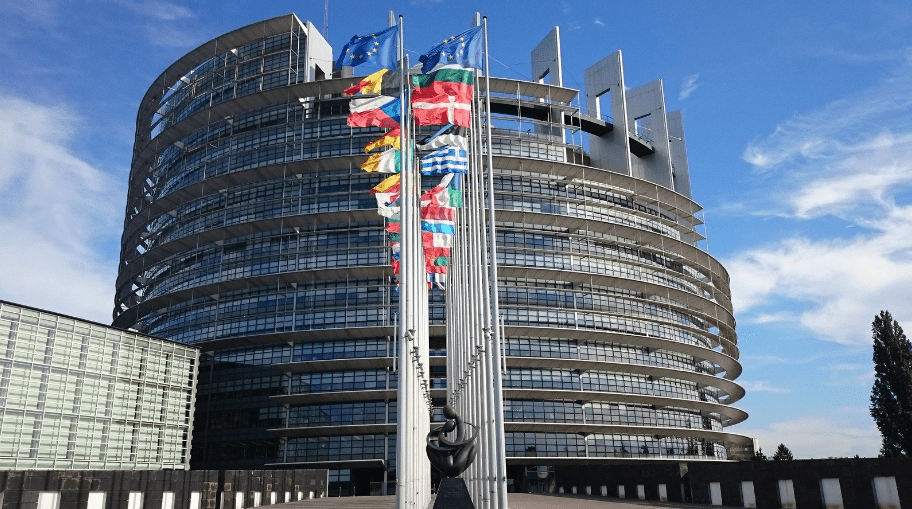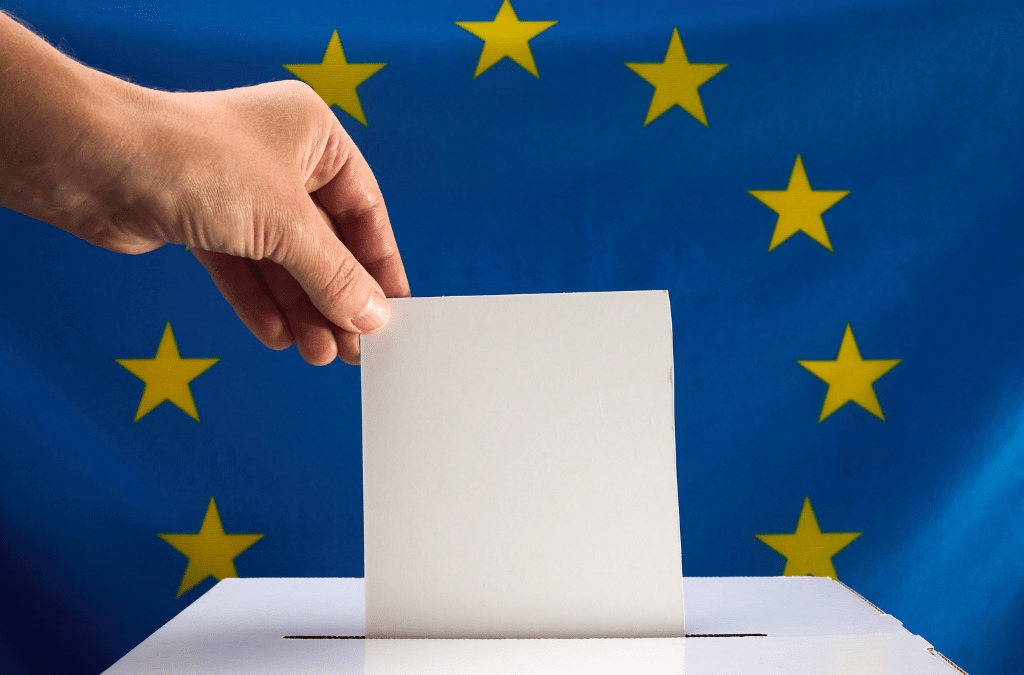The 2024 European elections have concluded.
In Italy, which elects 76 of the European Parliament’s 720 MEPs, the results largely met eve’s predictions: Fratelli d’Italia confirmed itself as the leading party with more than 28% of the vote. The Partito Democratico (24%) and the Alleanza Verdi e Sinistra (6.67%) also did well, with the latter nearly tripling its votes compared to 2019.
Forza Italia, Lega, and the Movimento 5 Stelle were between 9 and 10%: for the Carroccio and the Pentastellati a verdict certainly below expectations.
In light of these results, Fratelli d’Italia thus becomes the third largest party in the European Parliament, behind only Germany’s CDU and Marine Le Pen’s Rassemblement National in France. Instead, the PD is poised to undermine Pedro Sanchez’s PSOE as the leading party in the European Socialists & Democrats group.
For the first time, fewer than one in two Italians voted in the European elections. Final turnout stands at 49.69%, down sharply from 2019, when 54.5% of eligible voters went to the polls. Disappointingly, the decline from 1979, the year of the first European elections: in that case, turnout came close to 86%.
The situation in the rest of Europe
Broadening the horizons to the continental level, advancing most significantly are the right and extreme right. In Austria, the ultraconservative Freedom Party becomes the leading political force, while in Germany, Chancellor Olaf Scholz and the Social Democrats are being overtaken by both the CDU/CSU Union and the far-right Party Alternative für Deutschland (AFD).
But the biggest political jolt comes from Paris, where the Rassemblement National, an ultra-right opposition party-again-takes more than twice as much as Emmanuel Macron‘s list. After the exit polls came out, the President of the Republic thus announced the inevitable dissolution of the National Assembly and the early convening of the legislatures on June 30 and July 7 for the renewal of the French Parliament.
How are the balances in the EU Parliament changing?
The results of the polls seem to be pushing Ursula von der Leyen toward a reappointment at the head of the European Commission: according to the latest figures, the European People’s Party (Ppe) will be able to count on 186 seats (10 more than in 2019), establishing itself as the most representative group in Parliament, ahead of the Socialists & Democrats (135 seats) and Renew Europe (79 seats).

Moderate growth of the European Conservatives and Reformists (73 seats) and the far-right Identity and Democracy (58 seats), who take advantage of the heavy decline of the Greens/European Free Alliance (-18 seats compared to 2019) to become the fourth and fifth largest forces in Parliament.
“The EPP confirms itself as an anchor of stability for the whole continent… our interest now is in resuming relations with S&D and Renew Europe to build together the Europe of the next five years,” Von der Leyen commented warmly.
How will it turn out? The next few weeks will give us the final judgment.
Edited by.
Alessandro Bertozzi

